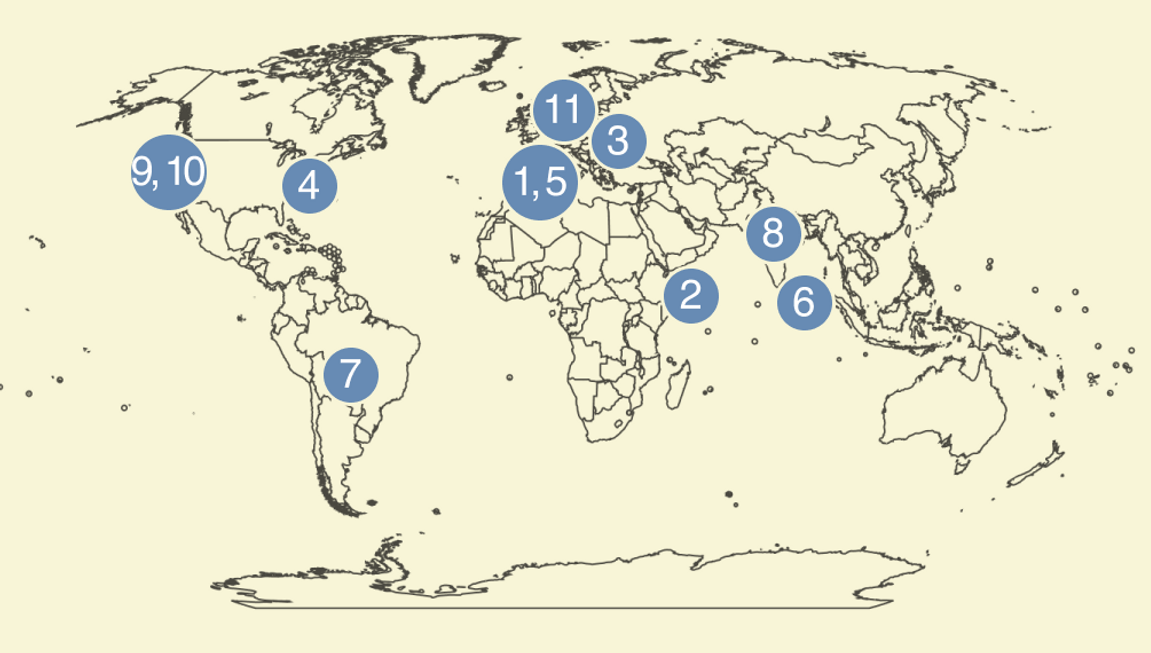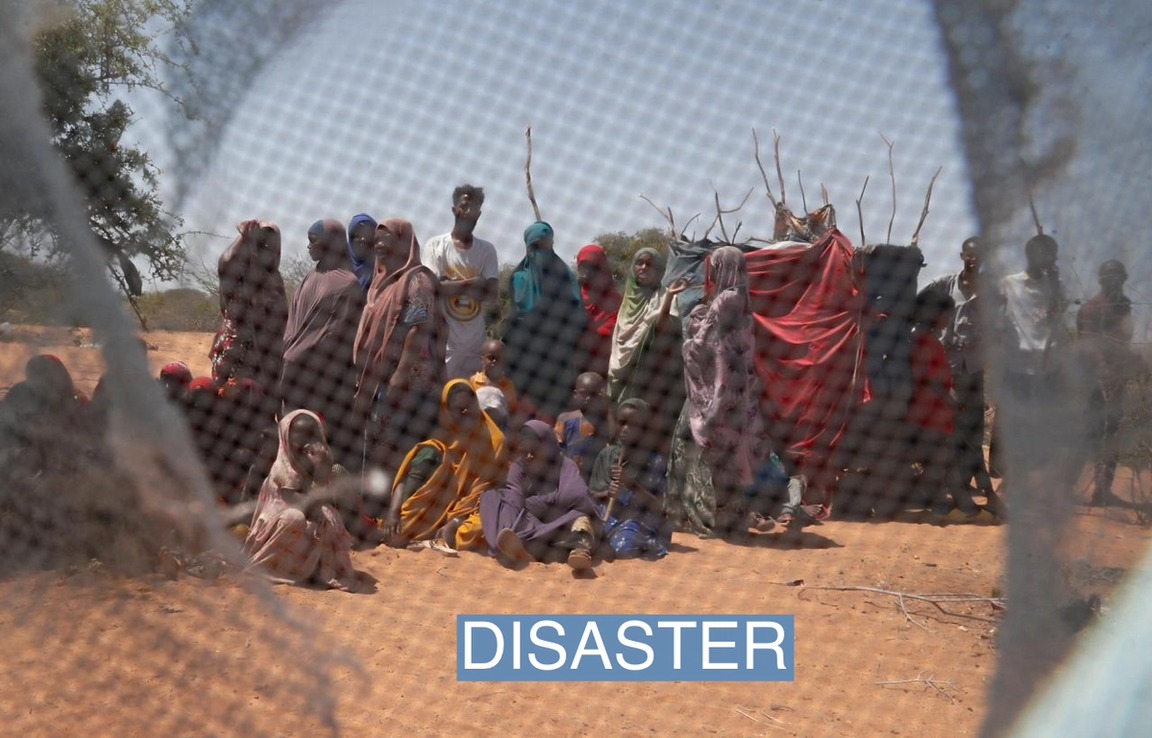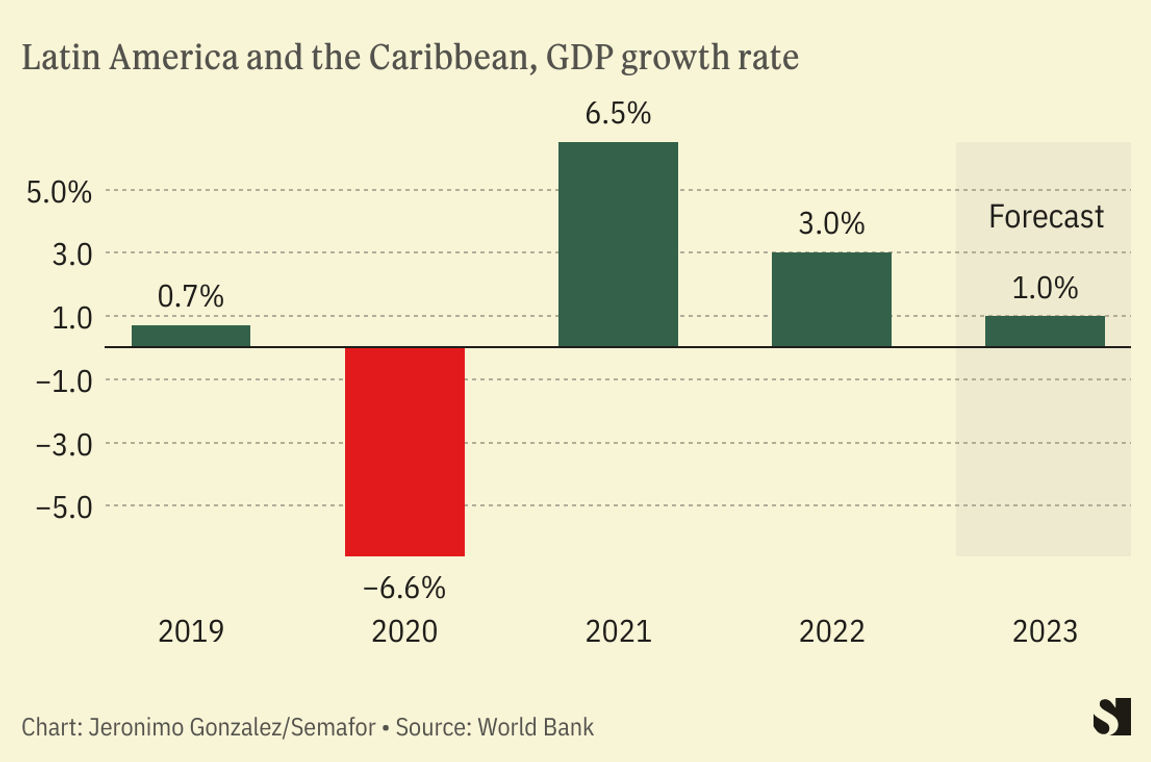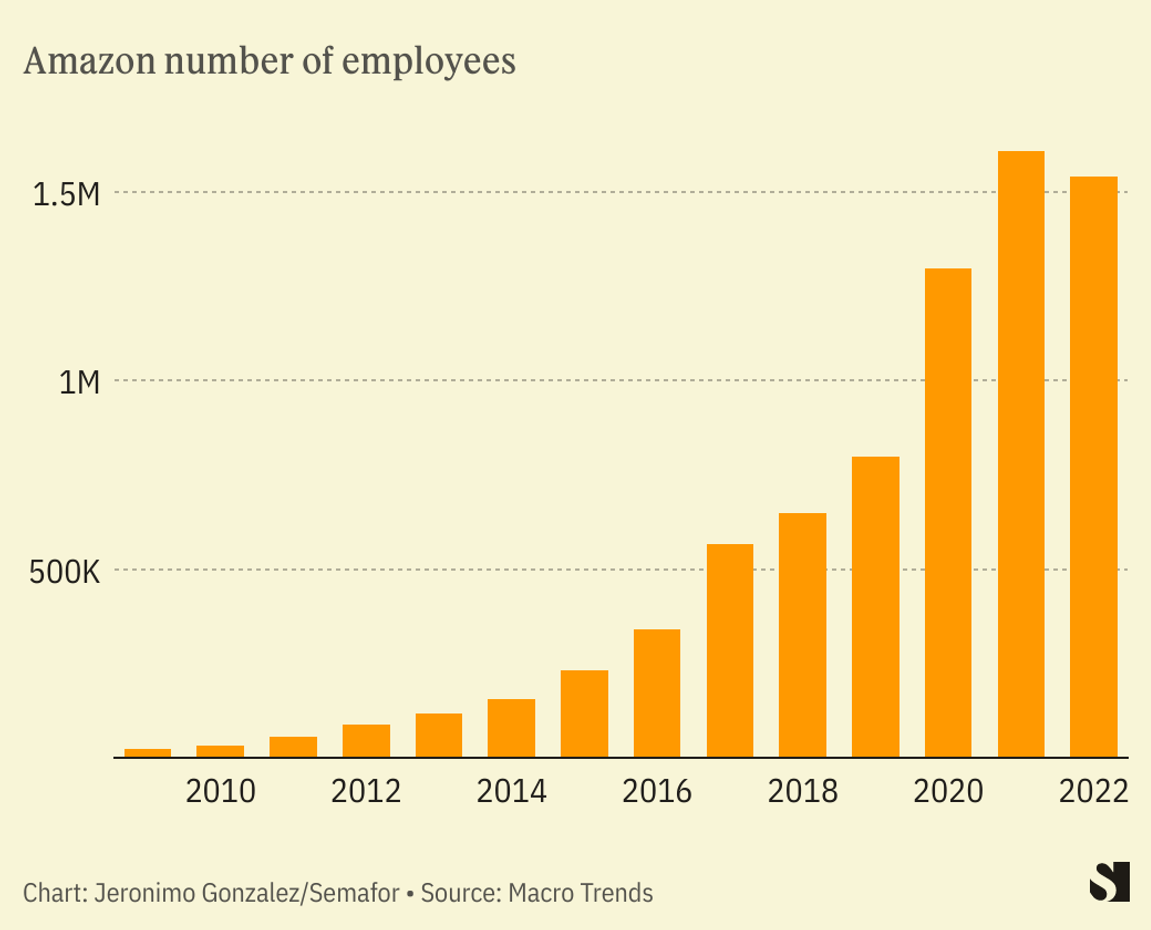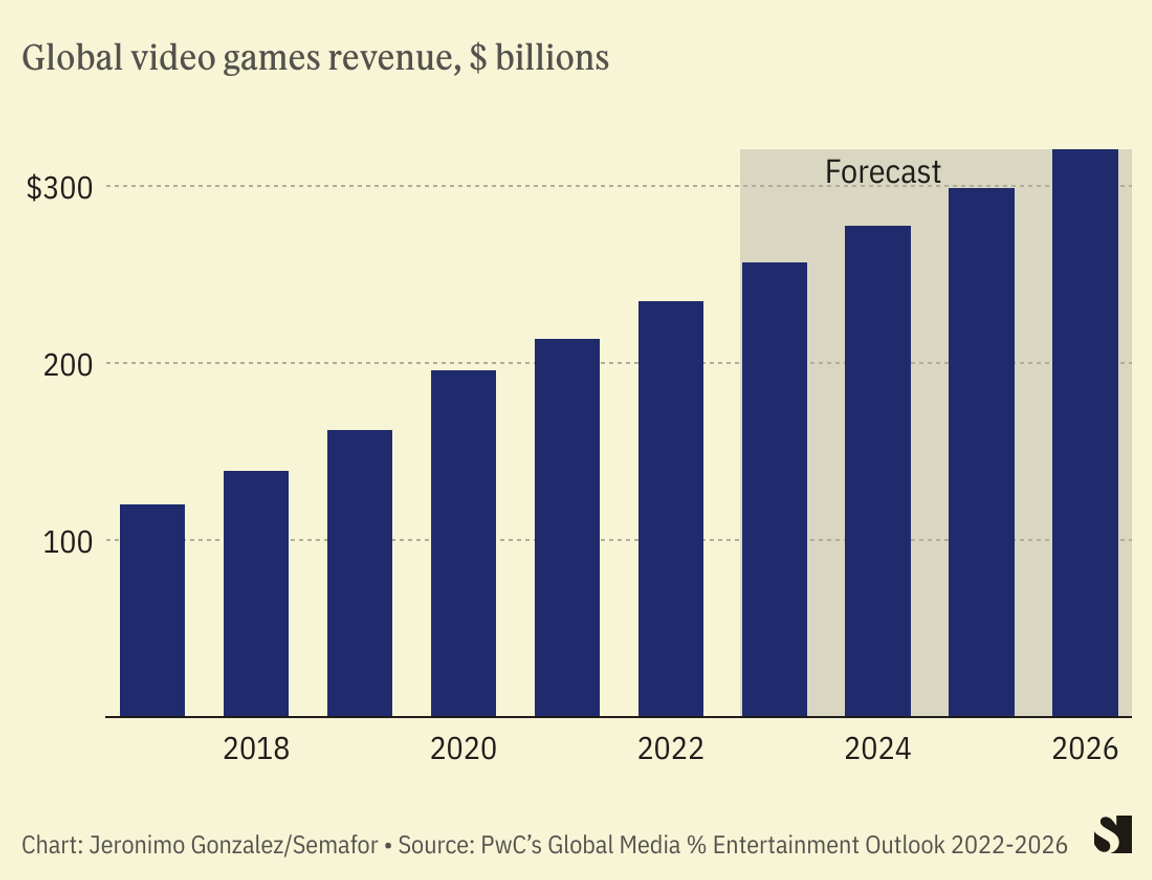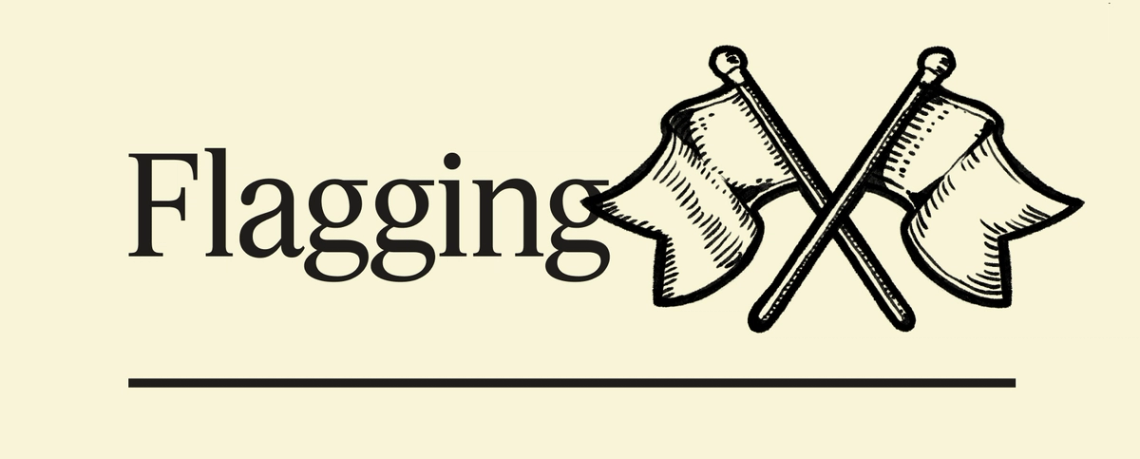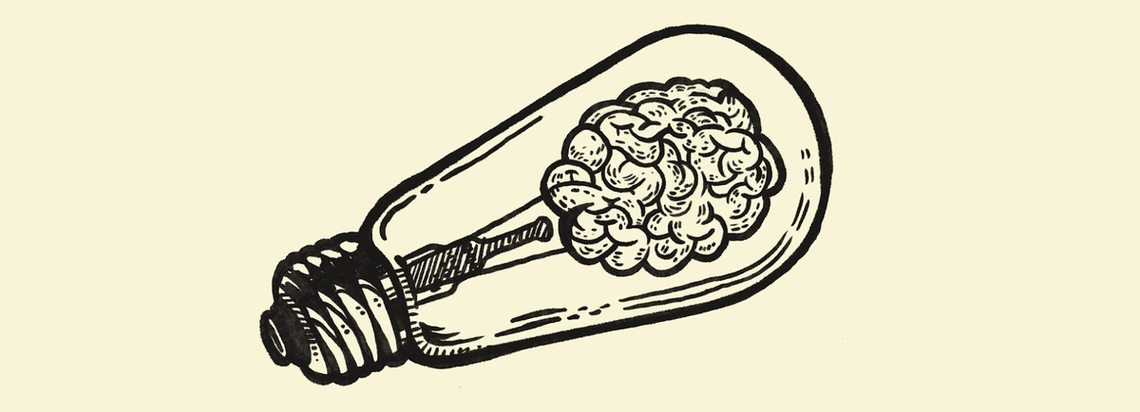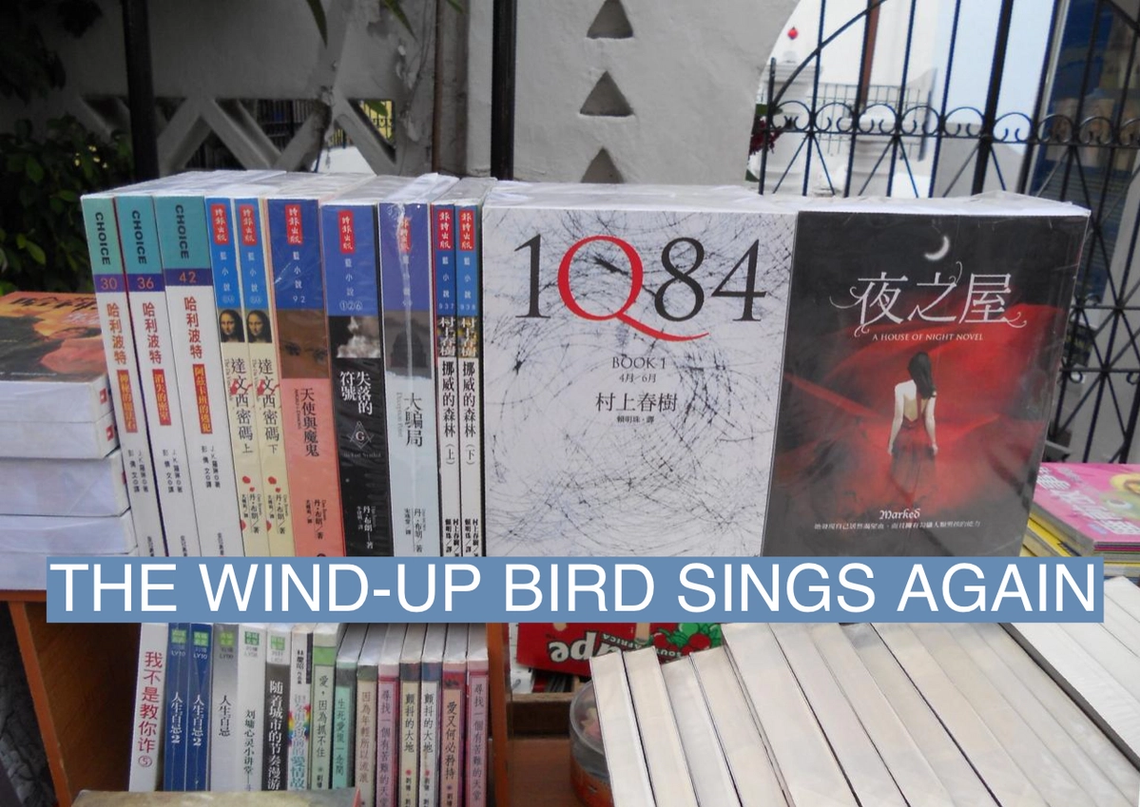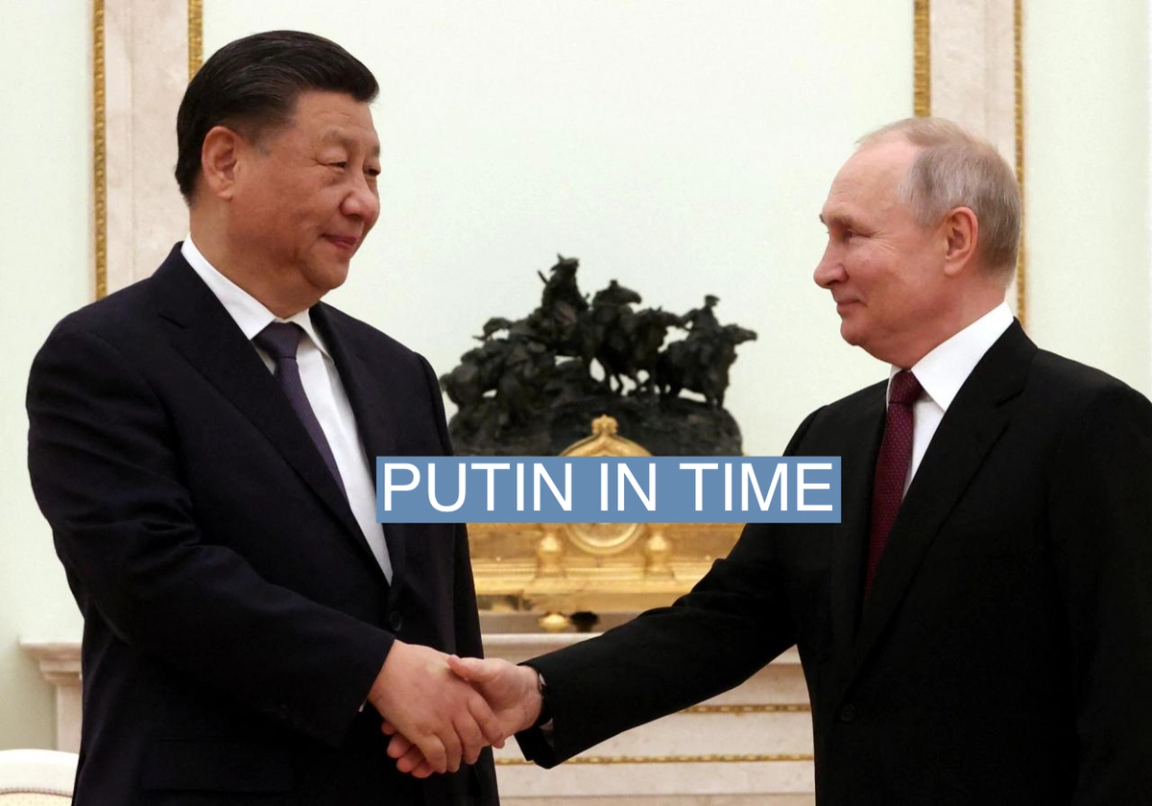 Sputnik/Sergei Karpukhin/Pool via REUTERS Sputnik/Sergei Karpukhin/Pool via REUTERSChina and Japan showcased their growing diplomatic ambitions on opposite sides of the war in Ukraine. In Moscow, Chinese leader Xi Jinping held talks with Russian President Vladimir Putin, though did not mention Ukraine in his televised remarks. Moscow said that it supplied China with a record amount of gas today, and that Xi invited Putin to visit Beijing this year. Meanwhile, Japan’s Prime Minister Fumio Kishida headed to Kyiv to “show solidarity” with Ukraine President Volodymyr Zelenskyy, Tokyo said, shortly after he visited New Delhi, where he labeled India an “indispensable” ally. Amid growing signs of Republican division over American support for Ukraine, Zelenskyy appealed to critics, including presidential candidate Ron DeSantis, who argue that helping Kyiv is not a vital American interest. Speaking to The Atlantic, Zelenskyy argued, according to the magazine: “Help us defeat them here, and you won’t have to fight them anywhere else.” Nikki Haley, another challenger for the Republican nomination, separately wrote in The Wall Street Journal: “If Russia wins in Ukraine, China wins too.” |


